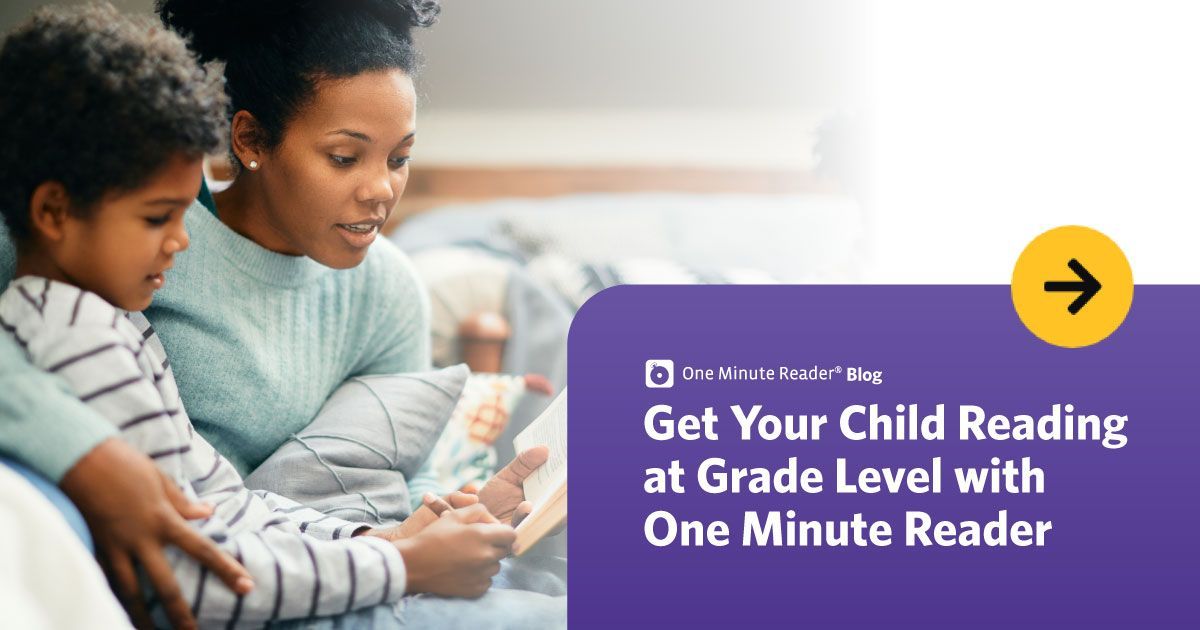Blog
March Is Women's History Month!
Every year since 1987, March has been designated by presidential proclamation as Women’s History Month. This annual celebration of women’s contributions to American history began as Women’s History Week in 1978, and today countries like Canada and Australia also honor women and their importance to culture, the arts, politics and education. From Sacagawea to Rosa Parks, women have often led the way in making change possible in our society.
March is a great opportunity for kids to learn more about the amazing women who have impacted our history. For biographies of notable American women, visit https://www.womenshistory.org/ or your school or public library.
As you work to boost literacy with your kids at home, encourage them to interview important women in their lives and learn more about their history, or create a women’s history wall, with images and brief descriptions of famous women. Kids working in One Minute Reader will learn about many interesting women and the way they've shaped history. We've got stories about Alice Walker, Malala, Amy Tan, Ann Bancroft, Ruby Bridges, and many more.
As a company founded by a woman, One Minute Reader is proud to recognize Women's History Month. Let us know in the comments how you and your students plan to celebrate!
Highlighted Posts


Ready to see an improvement in your child's reading?
Sign up today and get seven days for FREE.
One Minute Reader is just $8 per month after your free trial.
